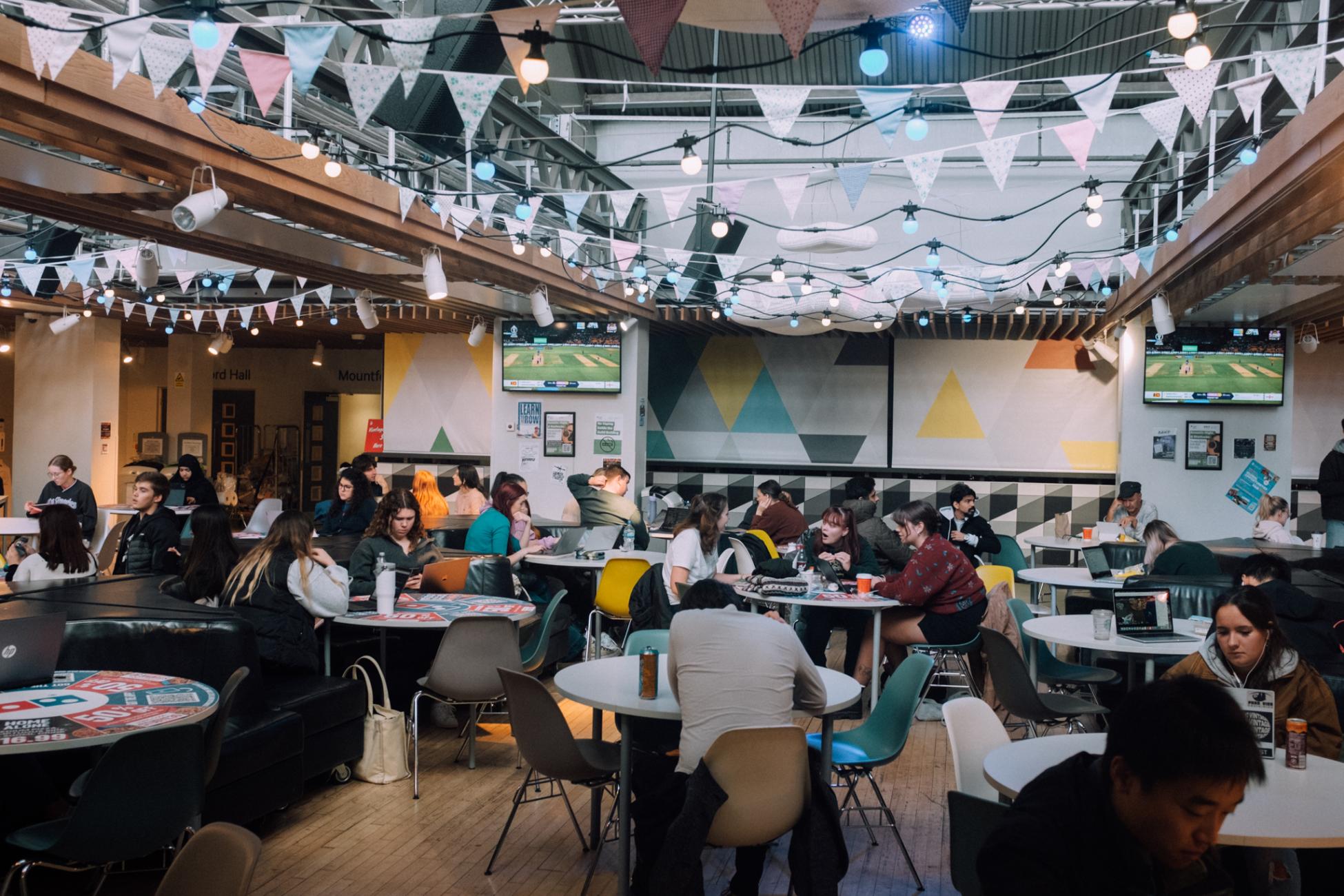Being subtle is an important survival skill. But it’s not a directly taught one.
Over time, we adapt, learn to blend in and adopt subconscious behaviours that earn us social points.
For instance, how do you know what clothes to wear at a bar versus a pub? How do you know when to laugh at something or when to take it seriously? How do you know that when someone asks “how are you?” if you're meant to actually answer the question or give a polite “good, and you?” back?
It’s important to note that not everyone is on the same playing field when it comes to picking up subtle social cues. For many nuero-divergents, this is a daily struggle. For myself, I’ve always taken understanding cultural norms for granted.
I knew there would be differences from my home of Australia when I decided to study abroad in the United Kingdom, but I had more to learn than I thought.
A new social order
The first time I really felt this social confusion was on a night out with the university canoe team, and we ran into the university rowing team. My mistake was thinking that this scenario was funny rather than a genuine basis for a cultural war. Hence, when I told a group of rowers I was from the canoe club and they rolled their eyes as if I were socially below them, it’s fair to say I was shocked.
My subsequent joke about rowing being 2D canoeing because you can only go in a straight line also fell flat. Surprisingly.
Back in Australia, "tall poppy syndrome" (criticizing successful people) reigns socially supreme. Anyone who big notes themselves due to class, club or geographical reasons is often quickly sniped down.
While this does have its own problems, rivalries like that of Sydney versus Melbourne have a much less aggressive and elitist undertone than London versus Liverpool. Or if a canoe club bumped into the rowing club at home, fist bumps would likely be shared.
This is not to say that all social groups in the UK are like this. However, you don't ever see sports clubs dressed in pin-striped suits going out for university nights back home. This doesn’t happen in Liverpool, but it does happen in St. Andrews!
Spot the cultural difference
When moving to a new place that is said to be similar, the cultural differences are subtle and can be harder to work out. This is not to say that moving to a place with entirely different customs and languages would be easier, but that there are different challenges in each place.
Everyone here predominately looks like me, speaks the same language and has similar practices, but sometimes it feels like everyone else has a set of rules that I don’t have access to.
This is also true for the inverse. People find it hard to determine your tone because you are different. Jokes that land at home land differently over here. Is this because the audience is different or because the teller is different?
I remember my grade 10 English teacher, who had moved from the UK to Australia, being confused when she was asked, “how’s it going?” She would start answering the question, only for the questioner to keep walking by.
Now, in Liverpool, every time I meet someone, they say, "Hiya, are you alright?” To which I say, “Hiya, how’s it going?”
Often, this creates a quick, awkward silence while both parties work out what words went wrong in their normally pre-programmed conversation.
Adaptation
But I'm learning. When I first arrived, I would say, “Hey, how’s it going?" The use of “hiya” has been harder than I thought. Initially, I felt like an imposter saying it. Now it feels more comfortable.
In the wake of my cultural programming being challenged, part of me wants to dig in and not adapt. Saying “g’day” rather than “hiya” feels like waving a metaphorical flag in a strange nationalistic dance that only I enjoy. If someone at home said “hi” or "hello,” I would never deliberately say “g’day” back to keep them on their toes.
So I chose to adapt. But I never fully let go of my origins. In the debate of assimilation versus cultural celebration, it’s important to do both. Indeed, this mentality extends to many things. We can change and learn new habits and behaviours, but we will always battle our original coding. However, with time and practice, it becomes a lot easier.
Despite the challenge, learning new ways of doing even the most basic things, such as saying hello, is good. This is what happens when you expand your world. You find new ways of doing things you never thought could be done. Some are good, some are bad, but if you’re willing to be flexible and absorb the good, as a whole, you can grow.
Add this article to your reading list




